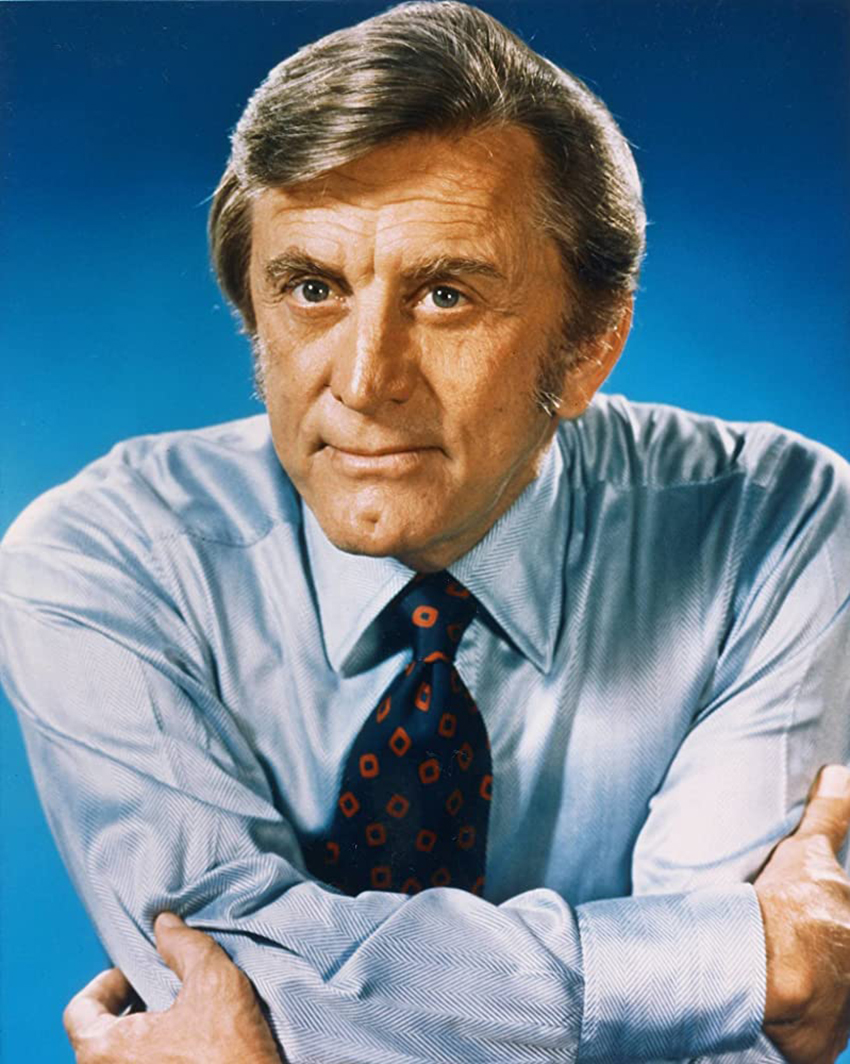Festivals - FCAD 2020 : Tribute to Kirk Douglas, Hollywood Legend
By Mulder, 10 june 2020

Each year for 45 years, Deauville has written film history in the present by revealing the best of contemporary cinema. Each year it also looks to the past to rediscover some of the greatest history in the cinematic arts, namely that of Hollywood.
This year we lost one of its giants, Kirk Douglas, at the age of 103. A festival stalwart, Kirk Douglas came on two occasions: in 1979 for a tribute, and in 1999 with his longtime friend Lauren Bacall to present John Asher’s Diamonds and receive a literary award for his book “Climbing the Mountain.” It would have been inconceivable to bypass his memory for this 46th edition. A look back at the work of a producer, director and major writer, but above all a prodigious Oscar-winning actor whose career spanned the entire latter half of the 20th century, an actor whose talent, courage, and taste for risk will always inspire respect.

Kirk Douglas was an American actor, producer, director, philanthropist, and writer. After an impoverished childhood with immigrant parents and six sisters, he made his film debut in The Strange Love of Martha Ivers (1946) with Barbara Stanwyck. Douglas soon developed into a leading box-office star throughout the 1950s, known for serious dramas, including westerns and war films. During his career, he appeared in more than 90 films. Douglas was known for his explosive acting style, which he displayed as a criminal defense attorney in Town Without Pity (1961).
Douglas became an international star through positive reception for his leading role as an unscrupulous boxing hero in Champion (1949), which brought him his first nomination for the Academy Award for Best Actor. His other early films include Young Man with a Horn (1950), playing opposite Lauren Bacall and Doris Day, Ace in the Hole opposite Jan Sterling (1951), and Detective Story (1951), for which he received a Golden Globe nomination as Best Actor in a Drama. He received a second Oscar nomination for his dramatic role in The Bad and the Beautiful (1952), opposite Lana Turner, and his third Oscar nomination for portraying Vincent van Gogh in Lust for Life (1956), which landed him a second Golden Globe nomination.

In 1955, he established Bryna Productions, which began producing films as varied as Paths of Glory (1957) and Spartacus (1960). In those two films, he collaborated with the then-relatively-unknown director Stanley Kubrick, taking lead roles in both films. Douglas has been praised for helping to break the Hollywood blacklist by having Dalton Trumbo write Spartacus with an official on-screen credit. He produced and starred in Lonely Are the Brave (1962), considered a classic, and Seven Days in May (1964), opposite Burt Lancaster, with whom he made seven films. In 1963, he starred in the Broadway play One Flew Over the Cuckoo's Nest, a story that he purchased and later gave to his son Michael Douglas, who turned it into an Oscar-winning film.
As an actor and philanthropist, Douglas received three Academy Award nominations, an honorary Oscar for Lifetime Achievement, and the Presidential Medal of Freedom. As an author, he wrote ten novels and memoirs. He is No. 17 on the American Film Institute's list of the greatest male screen legends of classic Hollywood cinema, the highest-ranked living person on the list until his death. After barely surviving a helicopter crash in 1991 and then suffering a stroke in 1996, he focused on renewing his spiritual and religious life. He lived with his second wife (of 66 years), Anne Buydens, a producer, until his death on February 5, 2020, aged 103. A centenarian, he was one of the last surviving stars of the film industry's Golden Age.

(Sources : press release)

